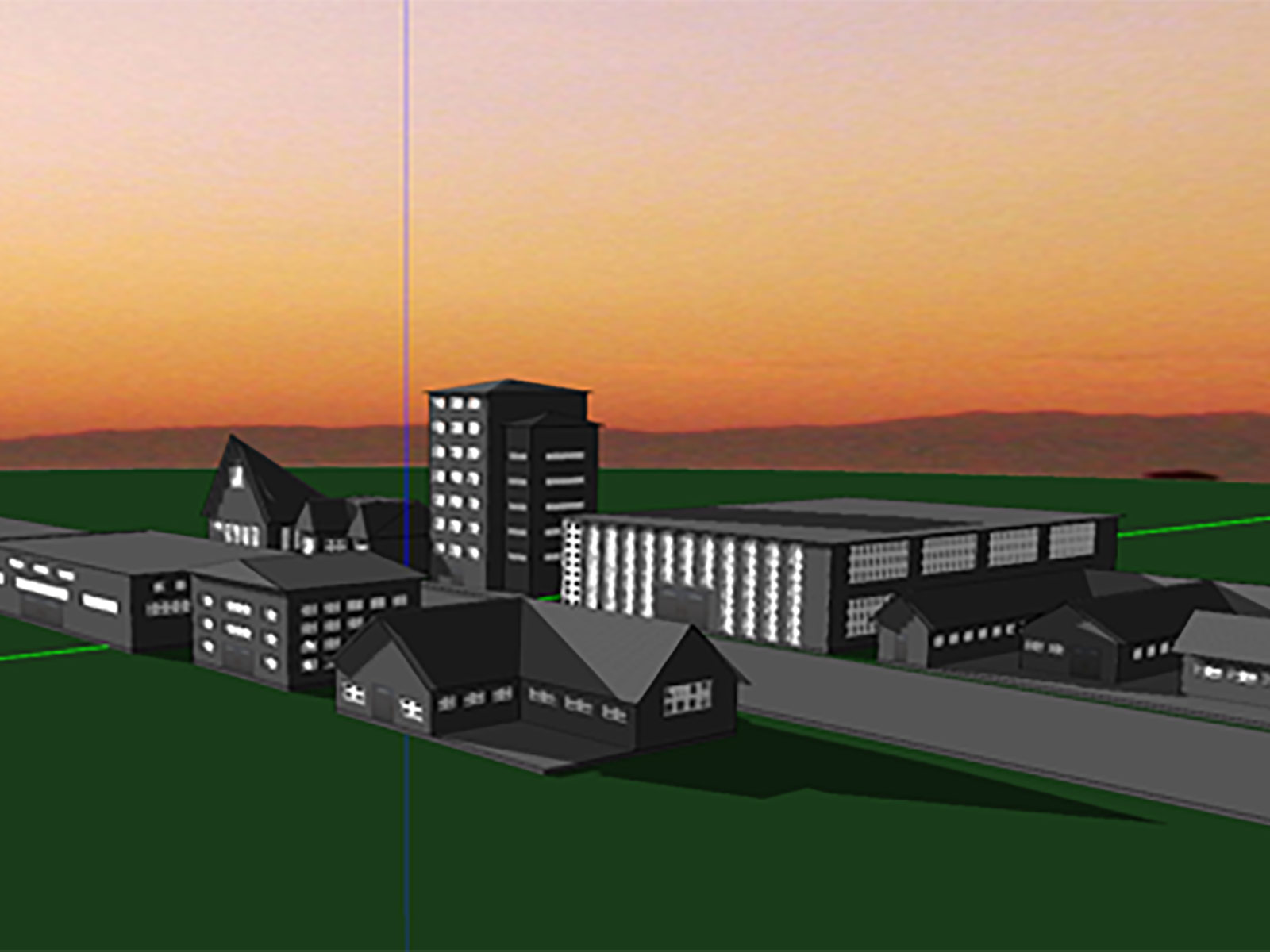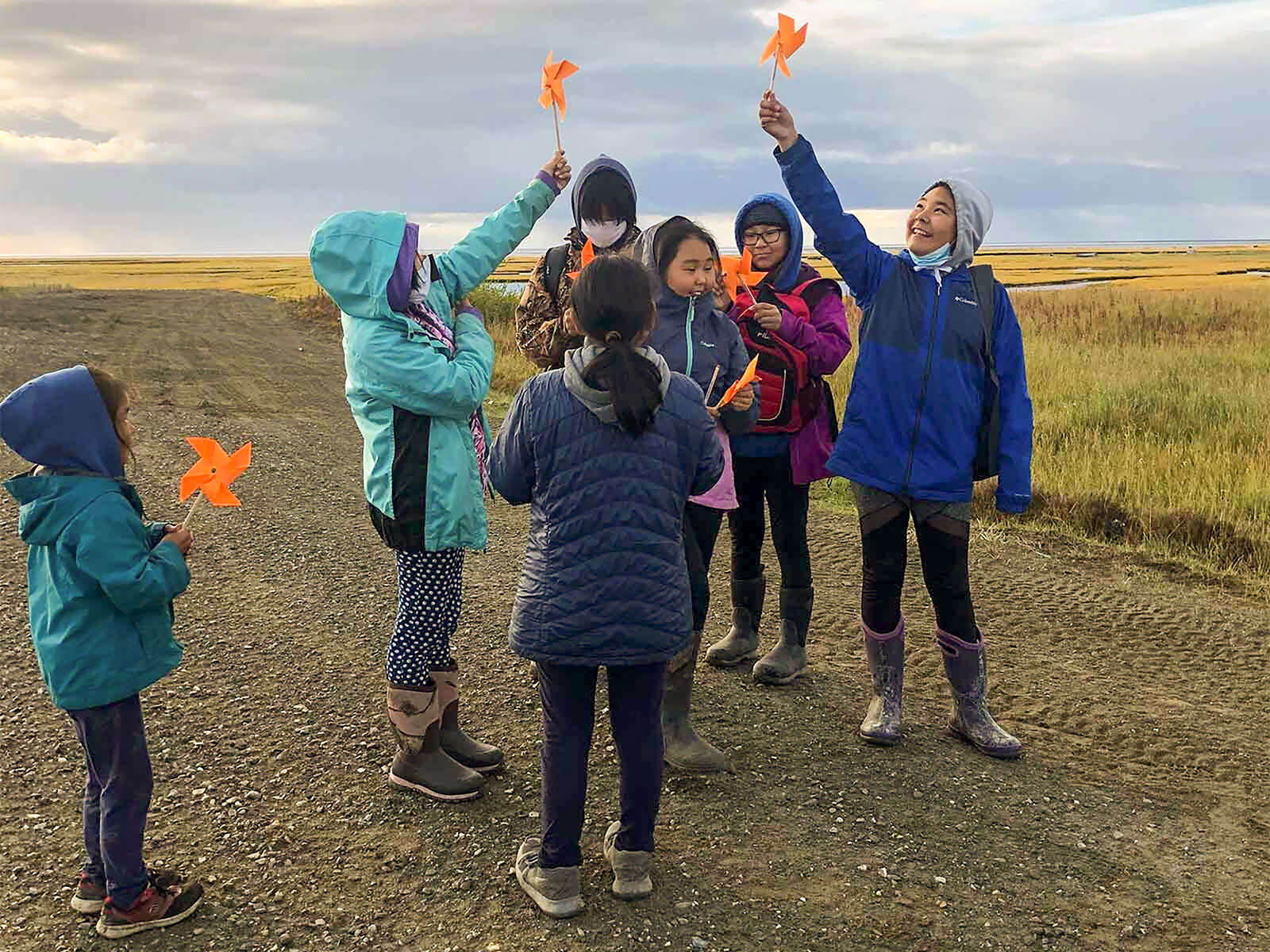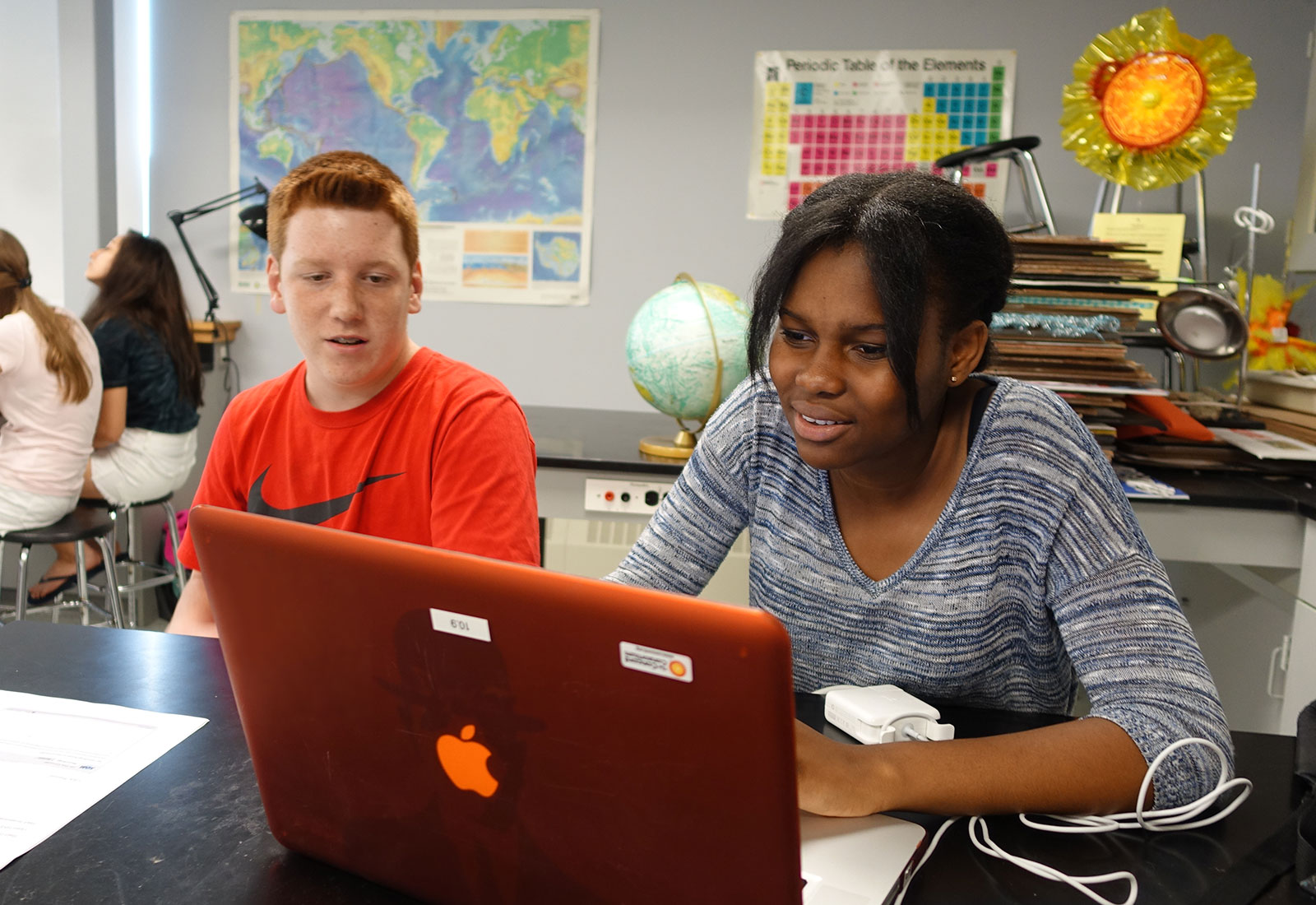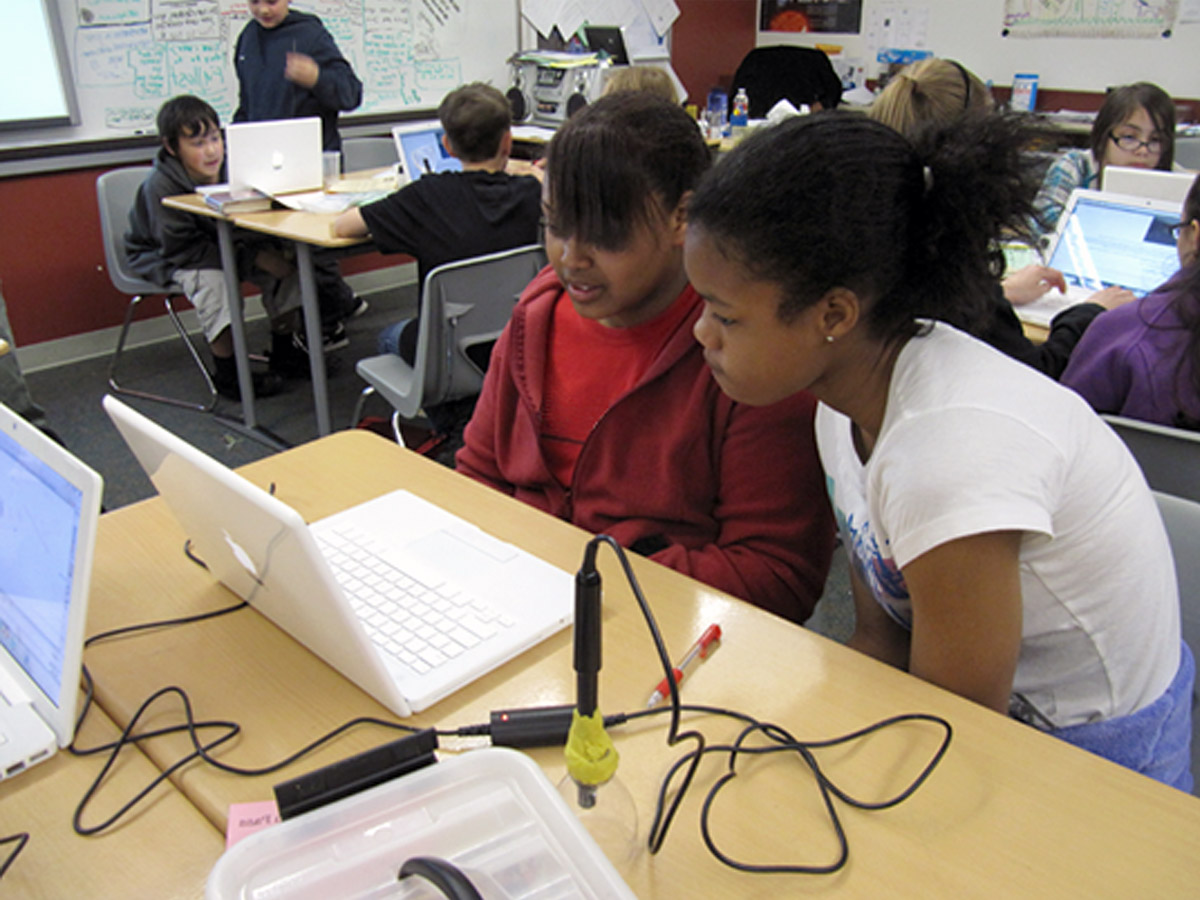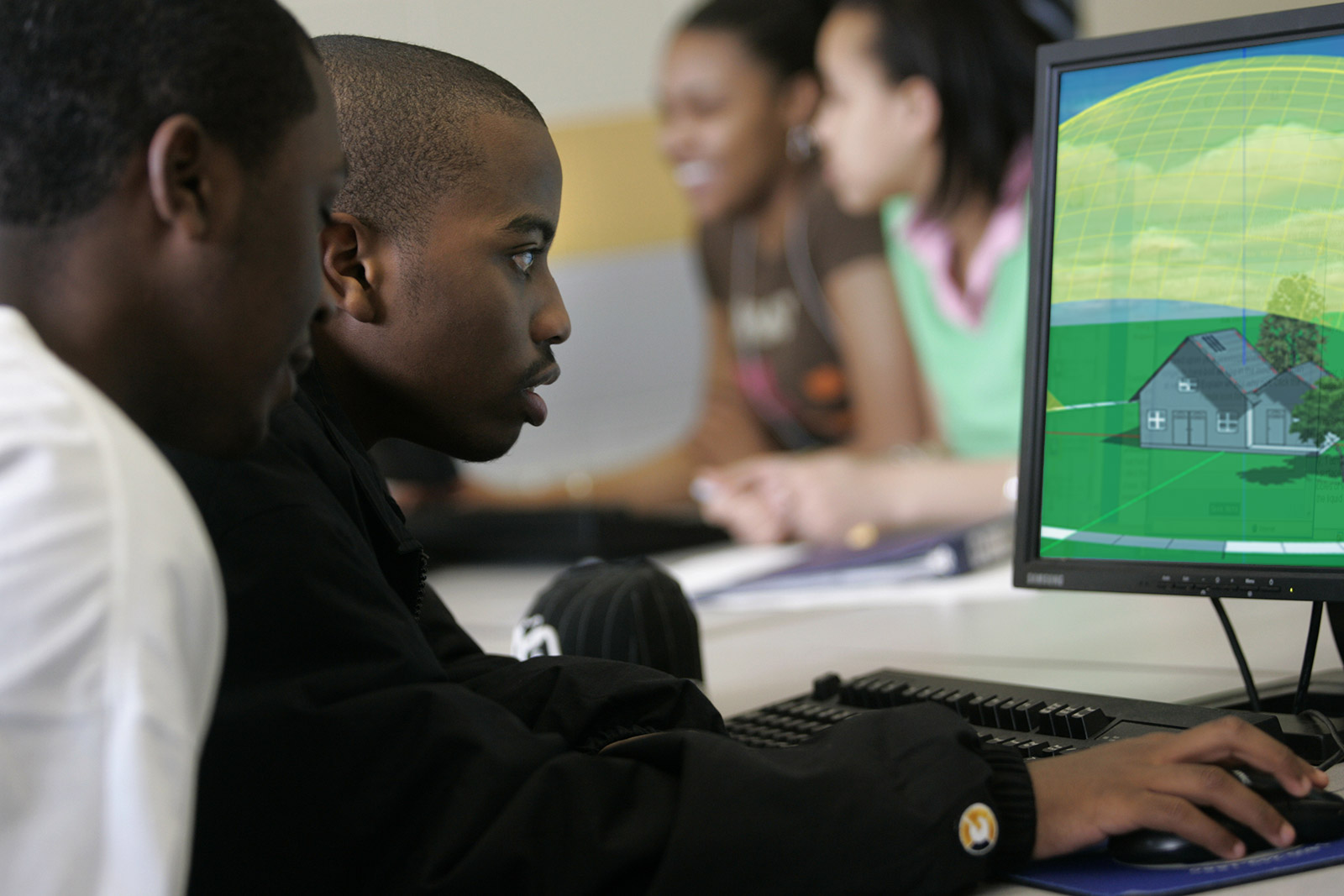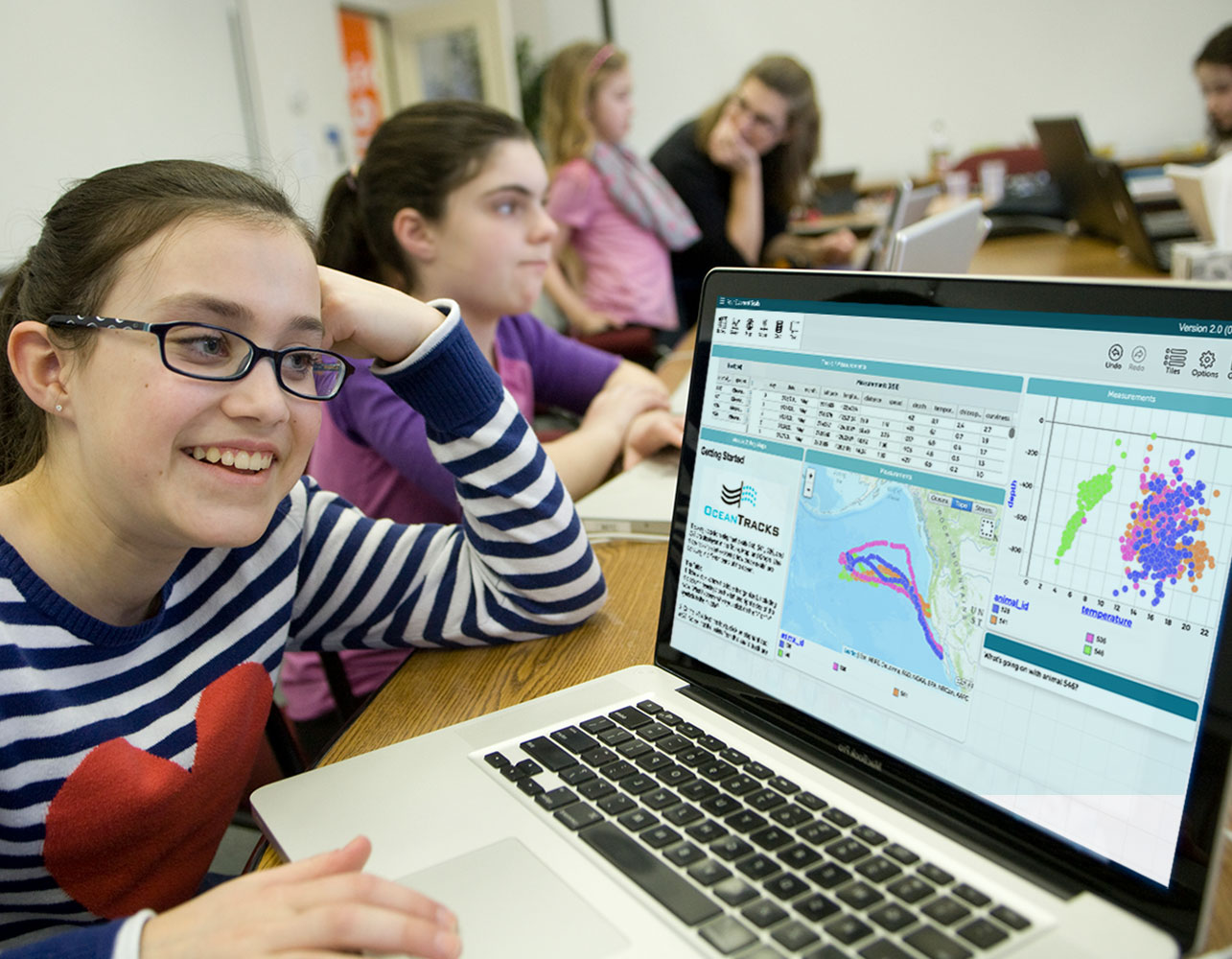Next Step Learning
Importance
According to the Next Generation Science Standards, science education should more closely resemble the way scientists and engineers think and work. While there have been studies on connecting science to everyday life or situating learning in professional scenarios to increase the relevance or authenticity of learning, the strategies of using industry-grade technologies to strengthen these connections have rarely been explored. Instead, industry technologies are simply used as showcases or demonstrations to give students a glimpse of how professionals use them to solve problems in the workplace.
The Concord Consortium has partnered with the Virtual High School (VHS) to create a technology-enhanced learning pathway from school to home and then to cleantech careers, establishing a testbed for developing and evaluating strategies for translating innovative technology experiences into consistent science learning and career awareness in different settings. The goal is to develop and test an education model that fuses science learning in school and energy efficiency at home.
Next Step Learning: Bridging Science Education and Cleantech Careers with Innovative Technologies is preparing students with the essential science knowledge and engineering skills that empower them to solve energy problems in their own homes with cutting-edge technologies such as infrared imaging and computer simulations.
Student learning is supported by the same set of science-based, industry-grade technologies such as infrared thermography and computational fluid dynamics. Students will use sensors, simulations, and mixed-reality technologies to extensively visualize, investigate, and design invisible heat and mass flows in real and virtual worlds. For these technologies to effectively support and integrate classroom and afterschool learning, we are developing a new Building Science Investigation curriculum to align the technology applications with standards, instruction, and assessment. A standalone online course based on the Building Science Investigation Curriculum will be developed and administered by VHS to further broaden its impacts.
We hope to contribute to home energy savings and cleantech industry growth in Massachusetts and provide a technology-enhanced model of education-industry collaboration that can be transferable to other states or other industries.
Research
We’re measuring the effectiveness of the technologies and the curriculum for improving student learning outcomes and career awareness, and studying teacher adoption and industry roles.
Publications
- Chao, J., Xie, C., Massicotte, J., Schimpf, C., Lockwood, J., Huang, X., & Beaulieu, C. (2018). Solarize your school: A solar energy system design challenge. The Science Teacher, 86(4), 40-47.

